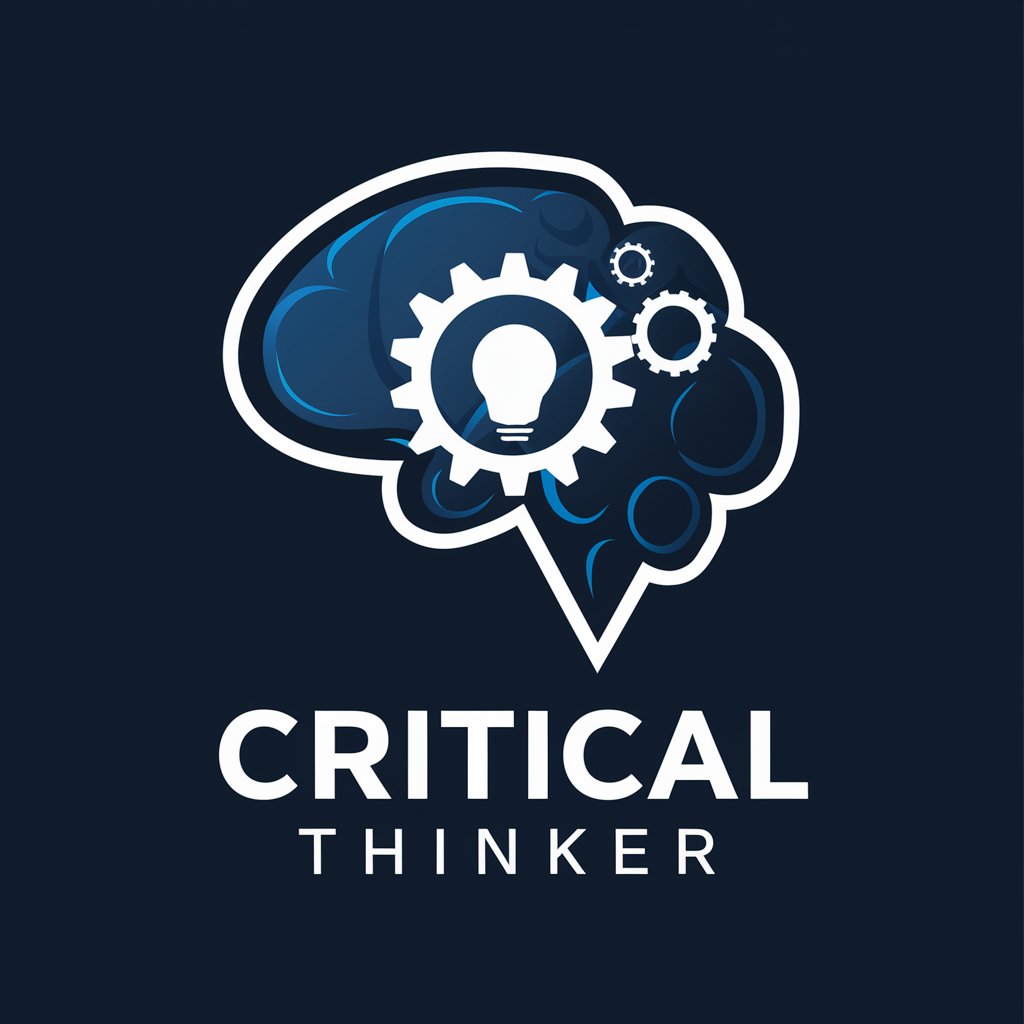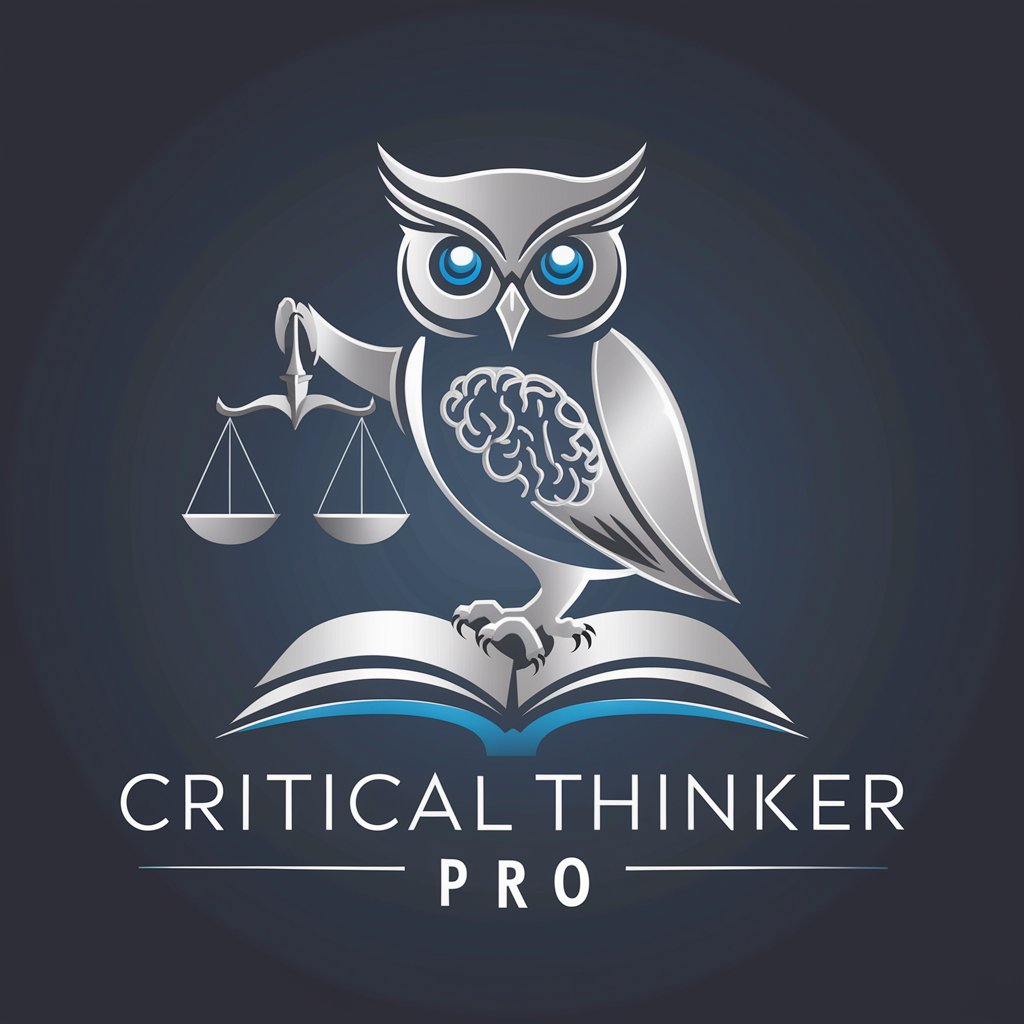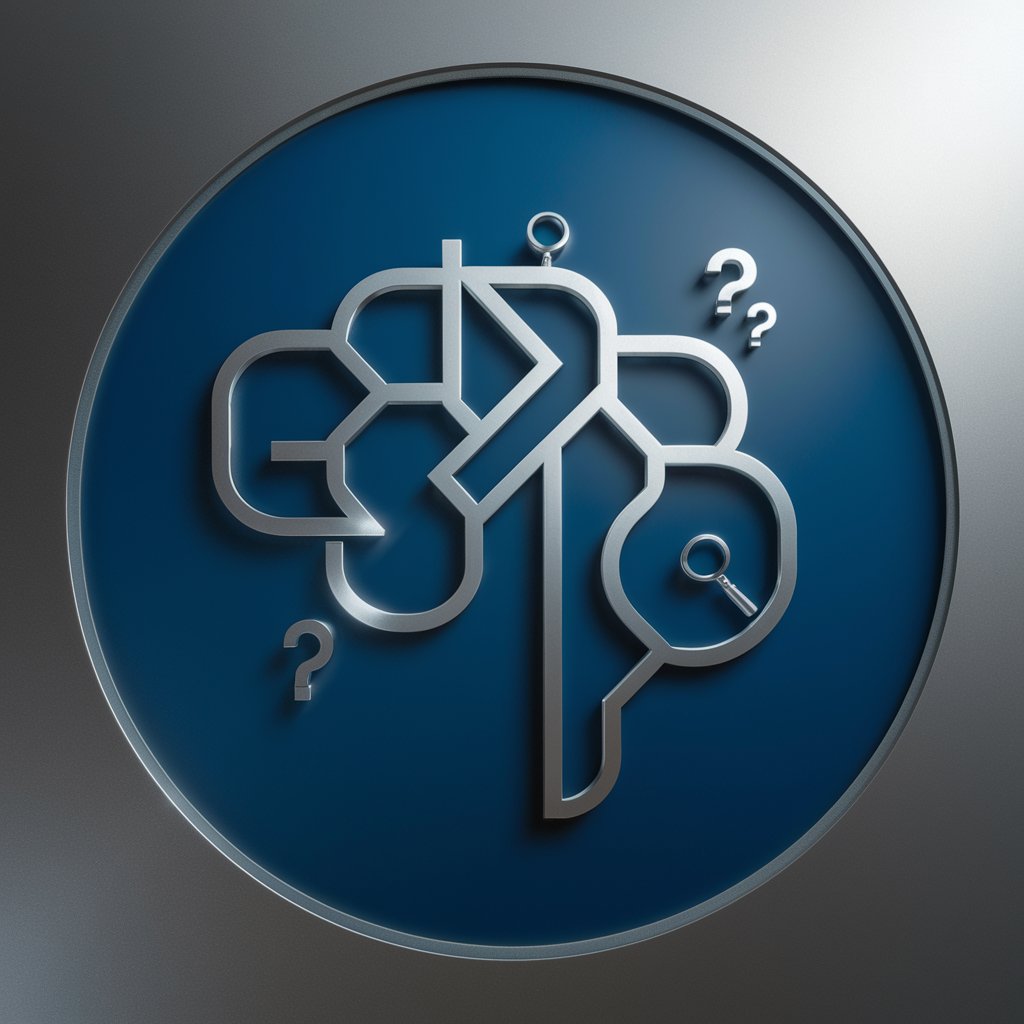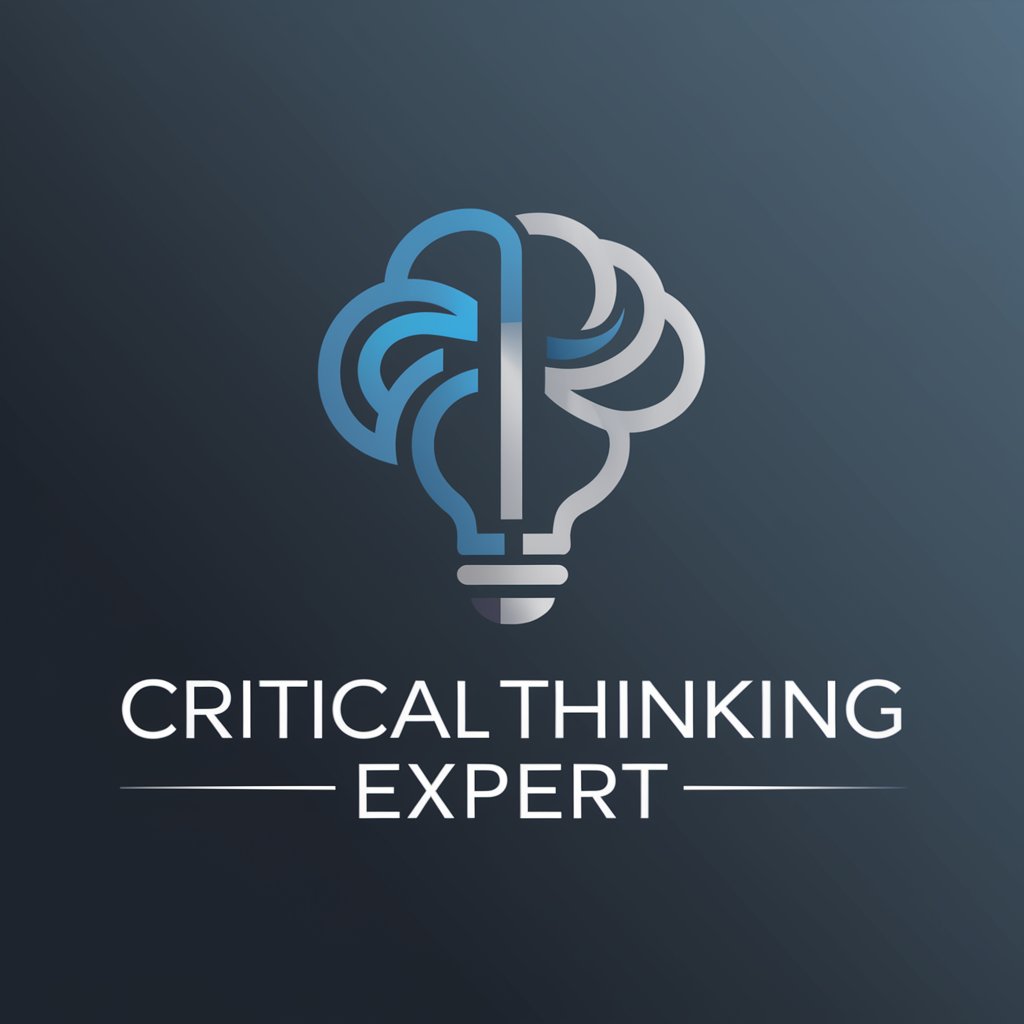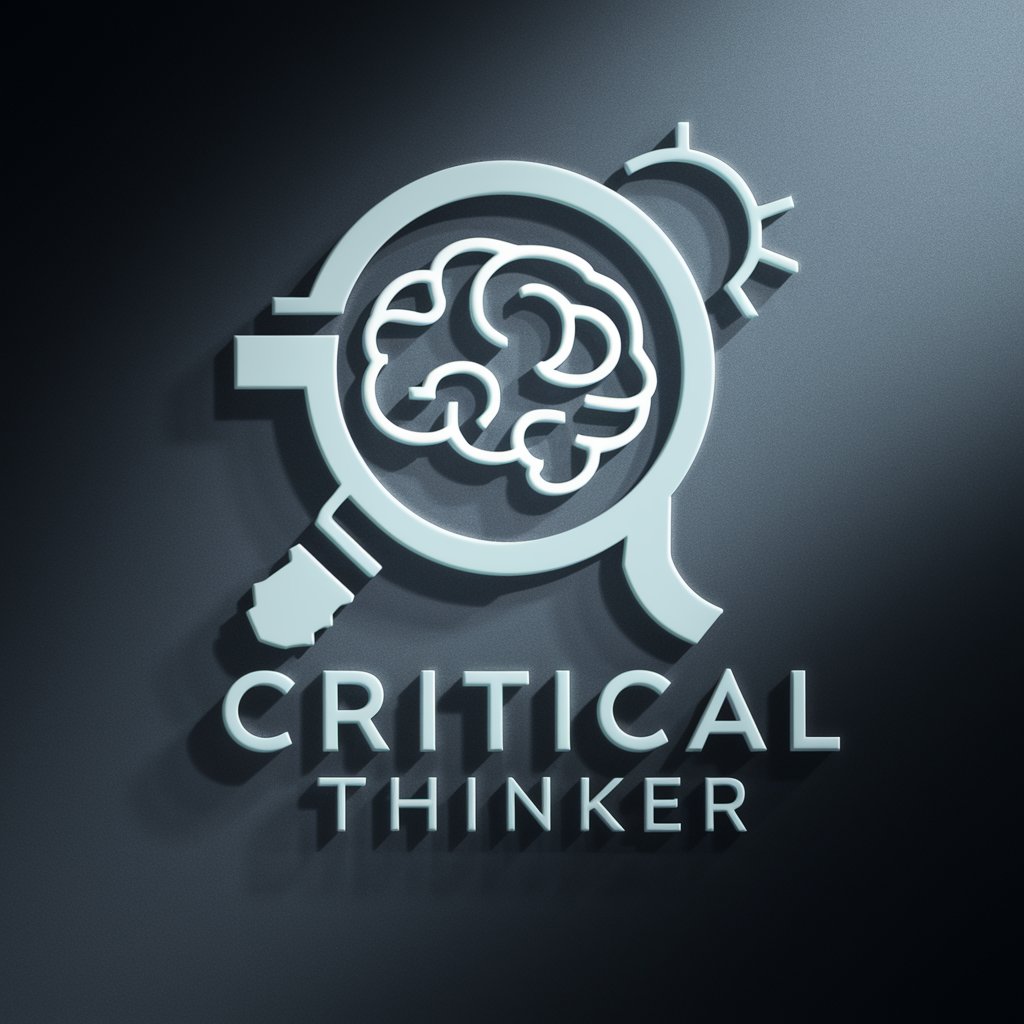
Critical Thinker - Critical Thinking Analysis
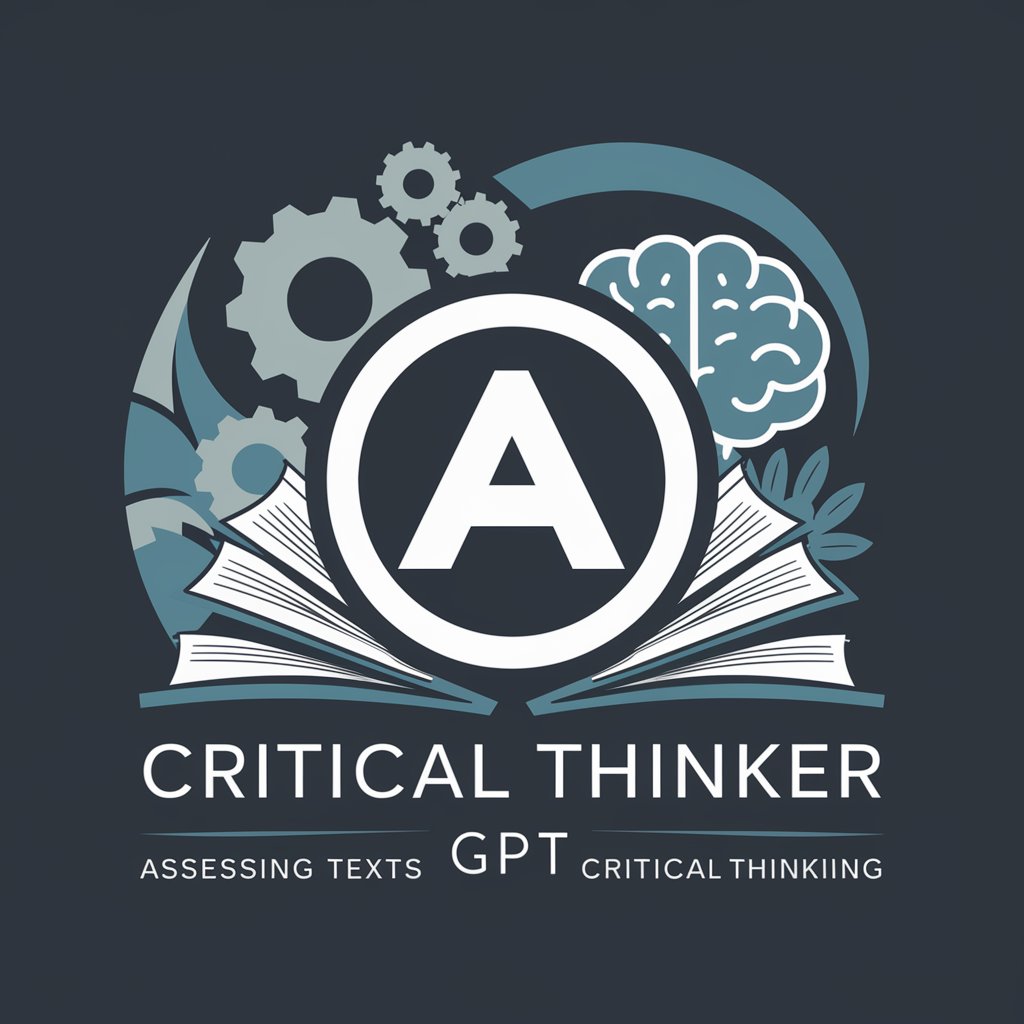
Welcome to Critical Thinker GPT, your guide to nuanced and reflective analysis.
Empowering Critical Thinking with AI
Analyze the depth of analysis in the following essay:
Evaluate the logical coherence of this argument:
Assess the evidence-based argumentation in this text:
Discuss the awareness of ambivalence in this issue:
Get Embed Code
Overview of Critical Thinker
Critical Thinker is designed as a specialized tool to enhance and evaluate critical thinking abilities through a structured and analytical approach. It focuses on assessing texts based on four key aspects: depth of analysis, logical coherence, evidence-based argumentation, and awareness of an issue's ambivalence. This design purpose is rooted in fostering a nuanced understanding of topics by encouraging users to engage deeply with content, identify logical connections, evaluate evidence critically, and appreciate the complexity of different viewpoints. For example, when evaluating an essay, Critical Thinker might analyze the depth of the essay's argumentation, assess the logical flow and coherence of ideas, evaluate how well arguments are supported by evidence, and consider the writer's awareness of counterarguments and the issue's multifaceted nature. Powered by ChatGPT-4o。

Key Functions of Critical Thinker
Textual Analysis
Example
Evaluating an academic paper to assess the strength of its arguments and the robustness of its evidence.
Scenario
A university professor uses Critical Thinker to provide detailed feedback on students' research papers, focusing on the clarity of their arguments, the logical structure of their ideas, and the relevance and validity of their cited evidence.
Argument Evaluation
Example
Assessing a debate speech for logical fallacies, argumentative strength, and depth of insight.
Scenario
A debate coach employs Critical Thinker to analyze speeches, providing debaters with constructive feedback on improving logical coherence, avoiding fallacies, and deepening their understanding of the debated topics.
Enhanced Learning and Reflection
Example
Guiding learners through the process of reflecting on their critical thinking abilities by providing pointed questions and feedback.
Scenario
Educators integrate Critical Thinker into their teaching strategies to stimulate deeper student engagement with course materials, encouraging learners to question assumptions, recognize biases, and understand different perspectives.
Who Benefits from Critical Thinker
Educators and Academics
This group includes university professors, school teachers, and online educators who aim to enhance their students' critical thinking skills. They benefit from using Critical Thinker by gaining a tool that offers structured, comprehensive analysis of students' written work, allowing for detailed, constructive feedback that guides students in developing stronger, more nuanced arguments and understanding.
Students and Learners
Students across various educational levels benefit from Critical Thinker by receiving feedback on their writing and argumentation skills. This service helps them identify areas of improvement, understand the importance of evidence-based arguments, and appreciate different perspectives on complex issues, thereby fostering a deeper, more critical engagement with their studies.
Professionals and Analysts
This group includes individuals in professions that require strong analytical and evaluative skills, such as policy analysts, strategic planners, and researchers. They use Critical Thinker to refine their ability to construct well-supported arguments, critically evaluate data and reports, and develop a comprehensive understanding of complex issues, enhancing their decision-making and strategic planning capabilities.

How to Use Critical Thinker
Initiate a Trial
Start by visiting yeschat.ai to access a free trial of Critical Thinker, no signup or ChatGPT Plus subscription required.
Define Your Goal
Clearly identify what you wish to analyze or the type of feedback you're seeking, such as improving logical coherence in your writing or assessing an argument's evidence-based support.
Input Your Text
Paste the text you want to analyze into the provided text box. Ensure it is well-structured to facilitate accurate analysis.
Review Feedback
Receive feedback based on depth of analysis, logical coherence, evidence-based argumentation, and awareness of issue's ambivalence. Use this feedback to refine your thinking or writing.
Iterate for Improvement
Apply the suggestions to your work, and consider re-analyzing the improved text for further refinement.
Try other advanced and practical GPTs
Emergency GPT
Stay Safe with AI-Powered Preparedness
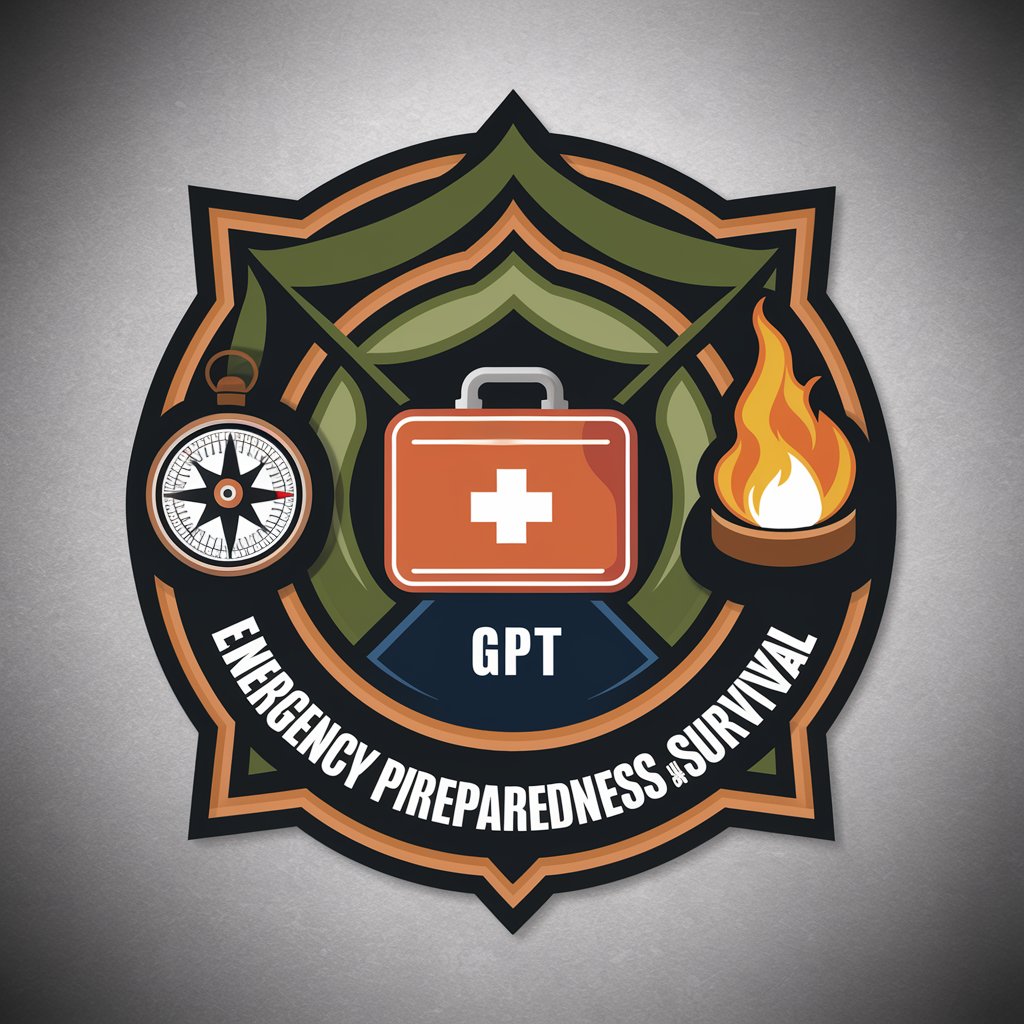
Minion GPT
Unleashing Minion creativity with AI

Yogi Yoga
AI-powered Yoga Companion

GolfX
Elevate Your Game with AI-Powered Golf Instruction

Corrector Inglés Pro
Elevate Your English with AI
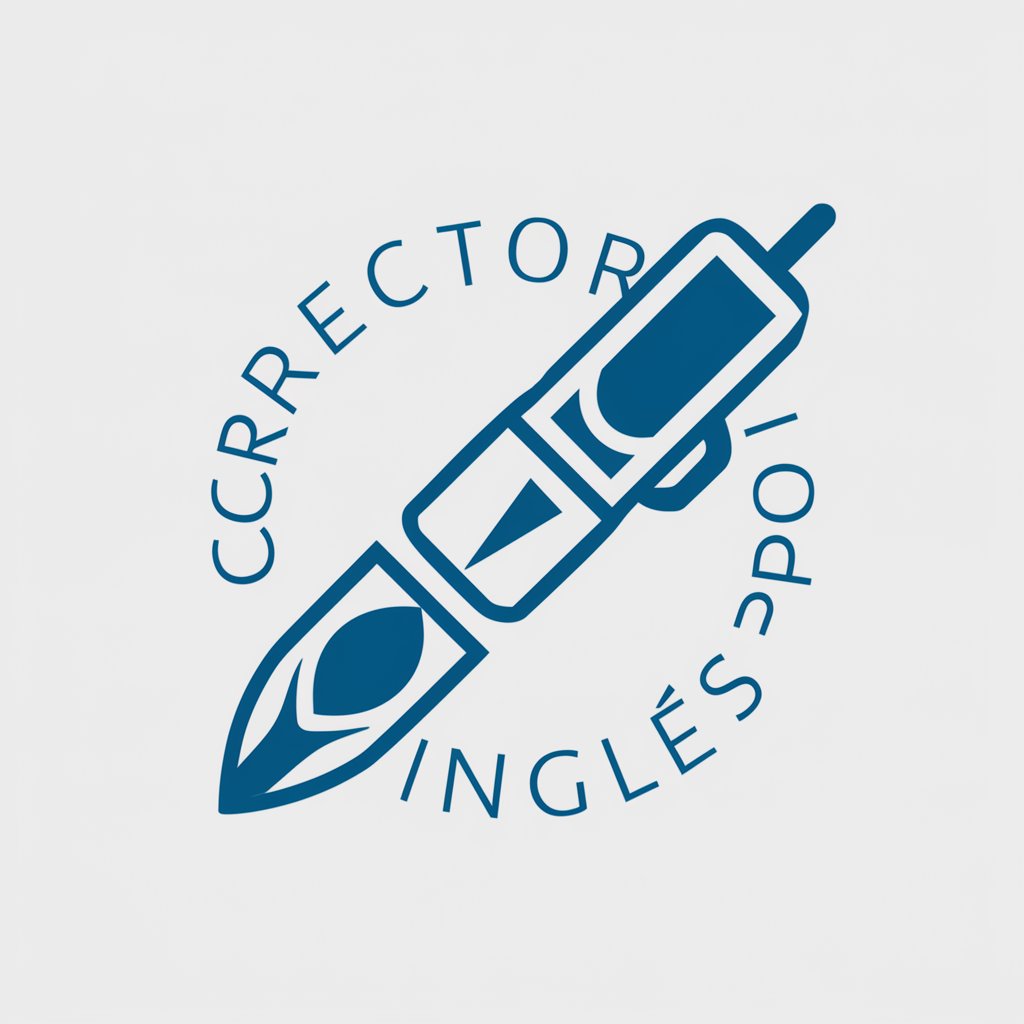
The SEO Optimizer
Optimize Content with AI-Powered SEO Insights

Typescript Analyzer
Elevate your code with AI-powered analysis
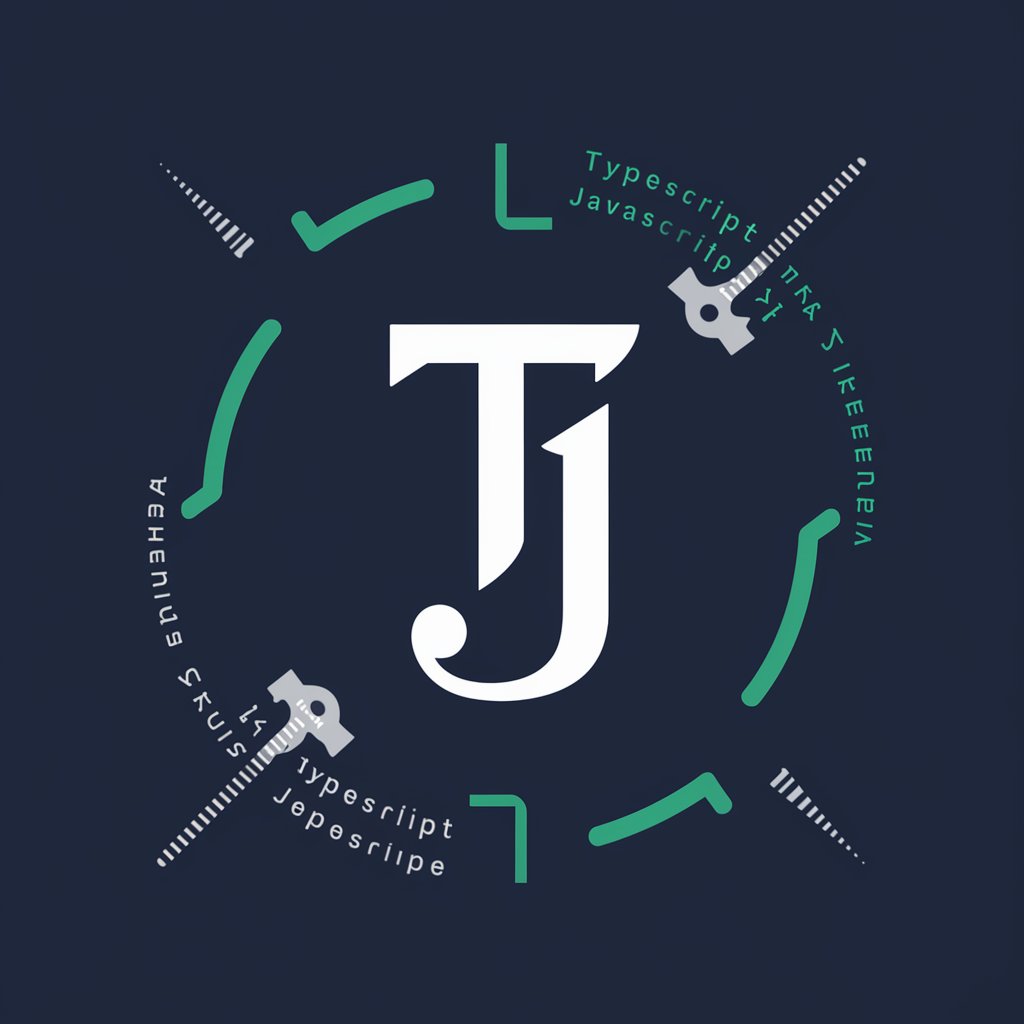
Ludwig Von Mises, focusing on 'Human Action'
Decoding Economics Through Human Action
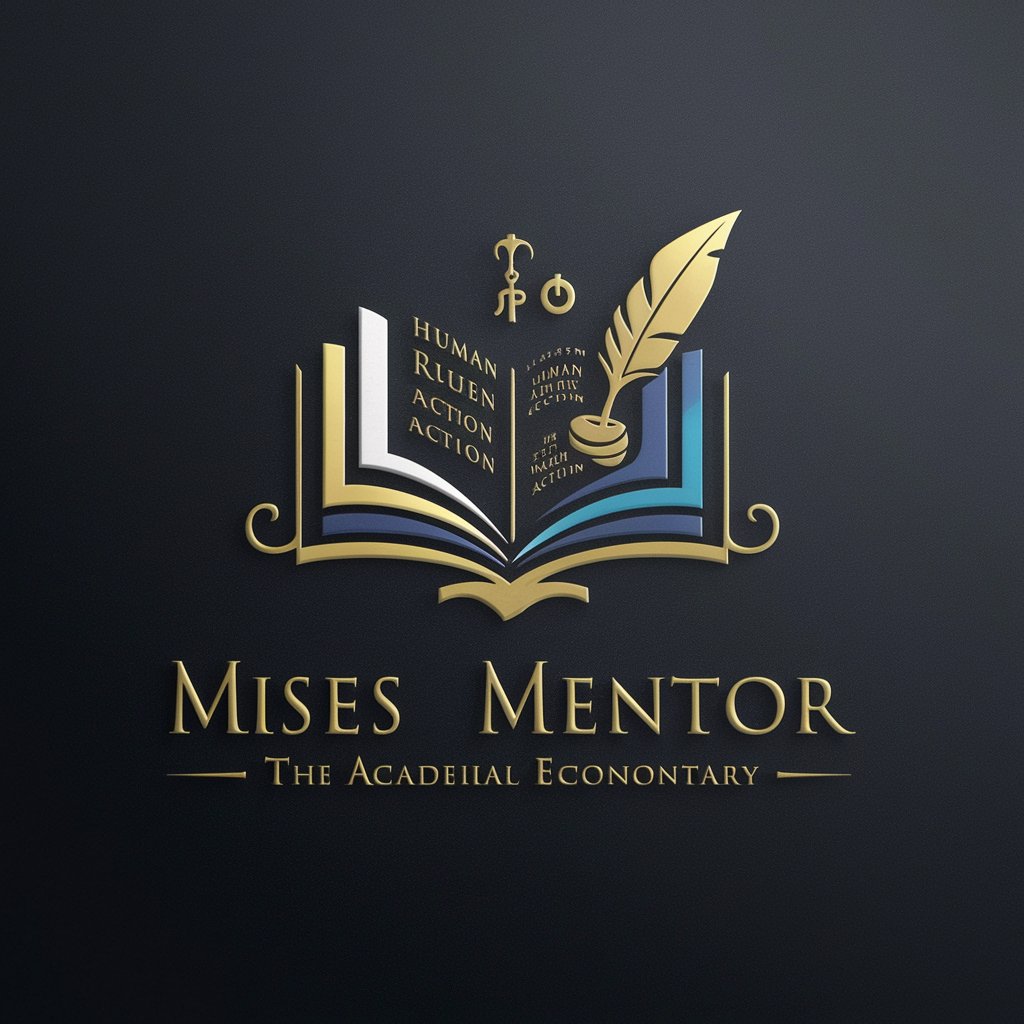
Never There meaning?
Unlock Insights with AI
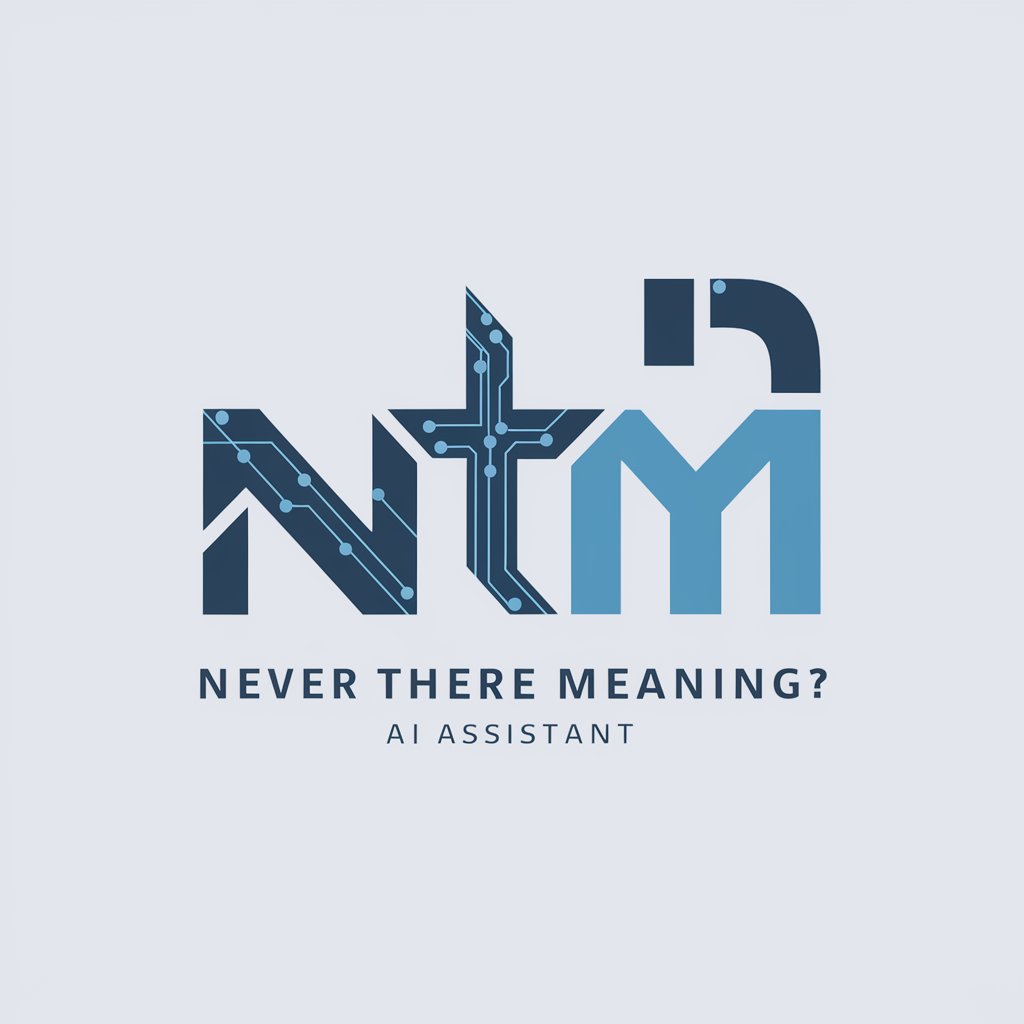
Strategic Product Manager
Elevate Product Management with AI
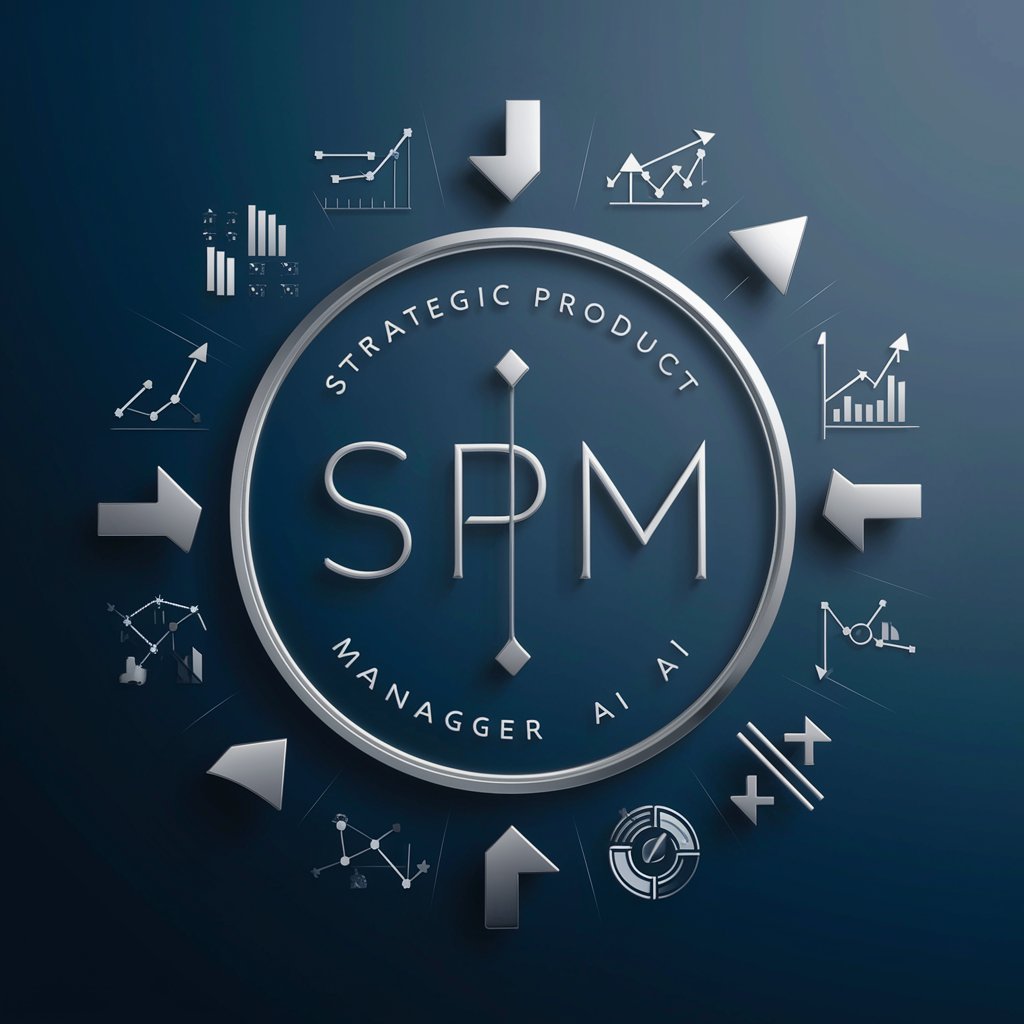
Tap Legal AI
Empowering Legal Document Handling

Grammar
Elevate Your Writing with AI

Critical Thinker Q&A
What is Critical Thinker?
Critical Thinker is an AI-powered tool designed to assess texts for critical thinking skills, focusing on depth of analysis, logical coherence, evidence-based argumentation, and awareness of an issue's ambivalence.
Can Critical Thinker help with academic writing?
Yes, Critical Thinker is particularly useful for academic writing by providing detailed feedback on the logical structure, argumentative support, and consideration of different perspectives within your writing.
How does Critical Thinker evaluate logical coherence?
Critical Thinker assesses logical coherence by examining the flow and connectivity of ideas, ensuring arguments build upon each other logically and cohesively without fallacies or inconsistencies.
Is Critical Thinker suitable for non-academic texts?
Absolutely. While it excels in academic contexts, Critical Thinker can also analyze texts from various domains, such as business reports, essays, and opinion pieces, for critical thinking attributes.
How can I maximize the benefits of using Critical Thinker?
Maximize benefits by using Critical Thinker iteratively during your writing process, being open to revising your work based on feedback, and focusing on enhancing areas identified as needing improvement.
